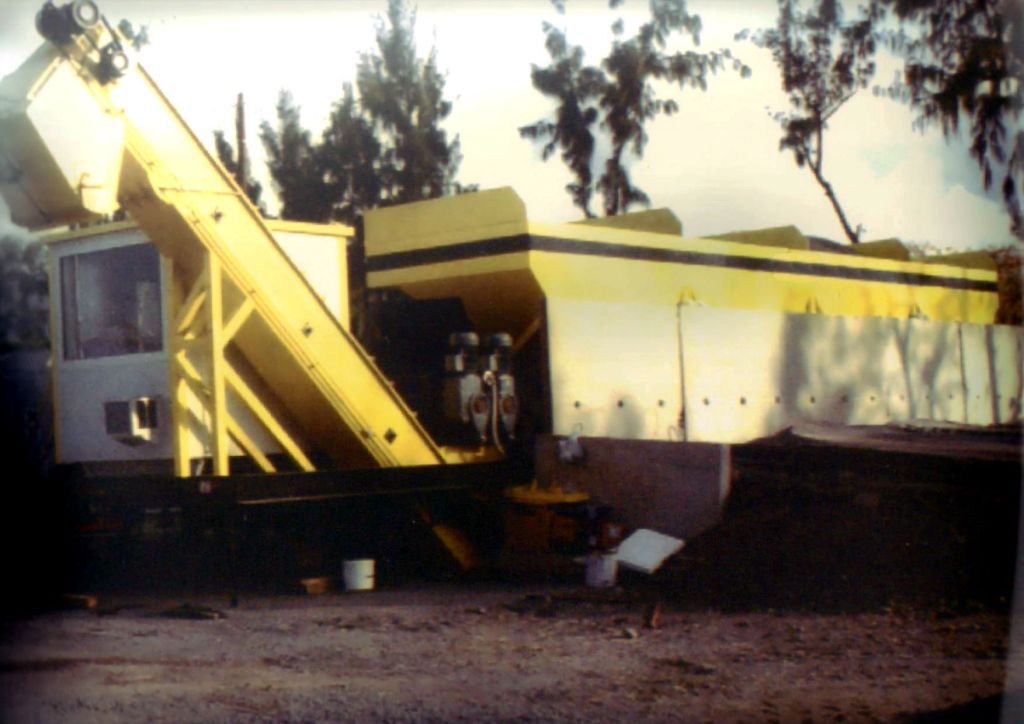EMULSION GRAVEL PLANT

EMULSION BATCH PLANT Description The emulsion batch plant , similar to an asphalt mixing plant, is part of AP TECHNIC's expertise. It is available in mobile or stationary versions , with c ontinuo ...
Read more
EMULSION BATCH PLANT Description The emulsion batch plant , similar to an asphalt mixing plant, is part of AP TECHNIC's expertise. It is available in mobile or stationary versions , with c ontinuo ...
Read more
A emulsion mixing plant is an industrial facility, whether fixed or mobile, designed to produce a road material called "emulsion mix." This material consists of aggregates (gravel) mixed with a bitumen emulsion, all cold, without prior heating of the components.
Composition of the emulsion aggregate
The emulsion batching plant is a key tool for the cold production of high-performance road materials, particularly suited to the maintenance, rehabilitation and creation of roadways in various contexts, while offering economic, ecological and technical advantages.
A.P. Technic 27 rue du moulin de groleau 49490 Noyant-Villages - FRANCE Tél. +33 (0) 241 890 373 Contact us